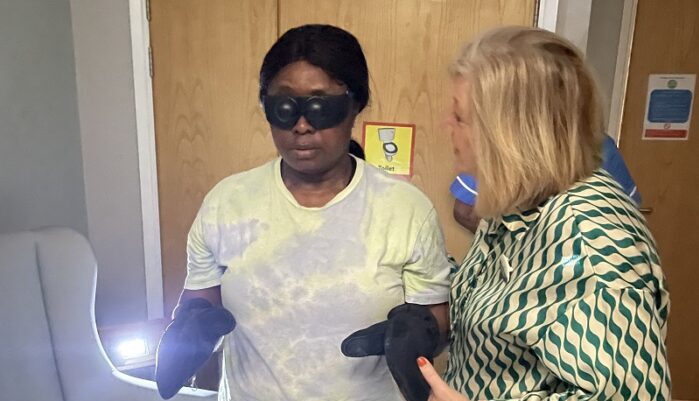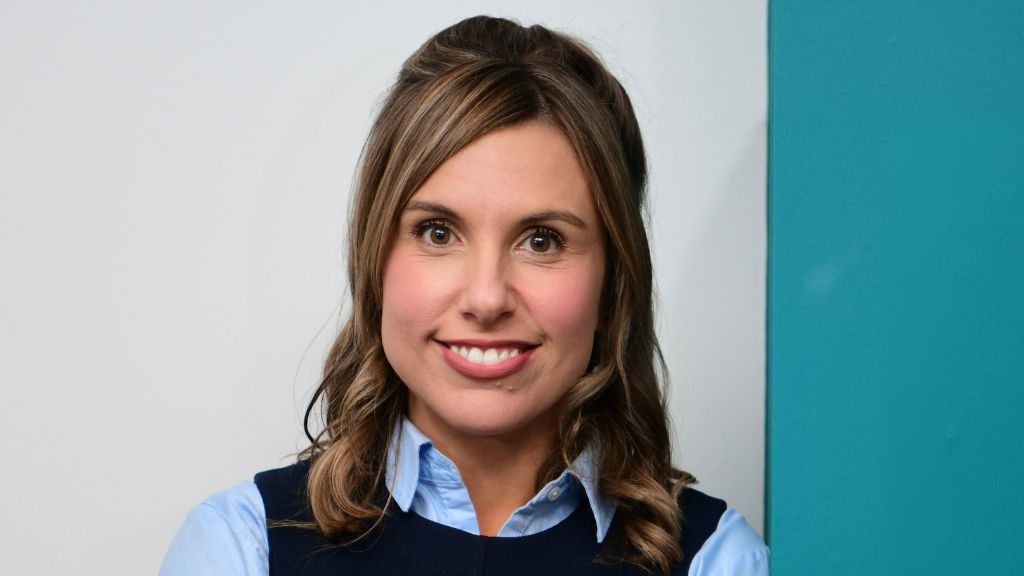Independent healthcare providers have the potential to join the dots as ICSs are rolled out – but where do they fit in the ‘grand design’?
The discussion is already well underway around the much-anticipated national roll-out of Integrated Care Systems (ICS), amid huge expectation of the programme’s ability to deliver the ‘holy grail’ of a joined-up approach to care and support in the community. Underpinned by The Health and Care Act 2022, which finally placed all ICSs (existing and new) on a statutory footing, this fresh era should see the NHS, local councils & authorities, charities and private partners (all with an interest in health and wellbeing of people in their geographical area) working more collaboratively. All areas of England will now be ‘covered’ by the system, and it does feel that – even amid a recruitment crisis within the sector and unprecedented demand for services – this new, formal framework should ensure things are moving apace. Louise Griffiths, UK director of strategy and service development for Priory asks, if the independent sector is well-resourced and ready to roll out its services more widely, where exactly do independent healthcare providers sit in the overall road map?

Since April 2021, she has held responsibility for business development and strategic growth. Her team works to ensure services meet the needs of people and maximise occupancy through referrer engagement, service promotion and referral management.
“Priory has a pathway that can work across health and social care and can credibly alleviate the burden on inpatient beds. We do this now, and want to build on it,” says Louise.
“We want to be part of this debate about the benefits of ICSs but moreover, we genuinely want to play a key role in the effective and positive delivery of this collaborative way of working within the sector.
“And I’m proud to say we’re in a strong and unique position here because we can take pressure off NHS inpatient beds by striving to move patients from even the most acute episode (which may have historically resulted in long-term, inpatient care) into a community-based setting. And in our efforts to tackle this crucial issue, all those involved must be sharing models of care and experience, clear communication and ongoing cooperation for the benefit of patients.
“As we all appreciate, the overall premise is to reduce the number of inpatients. The NHS rightly says there should be fully integrated pathways. Priory and others are doing this already so we are well equipped to fit with the strategy that the NHS is trying to embed.
“In essence, the ICSs have healthcare money and social care money in ‘one pot’ and so they will become our new stakeholders. I can’t state strongly enough how independent providers want to work in collaborative partnerships, and we have revenue and capital to develop these services.”
Priory has prior experience in partnership and a proven track record of working with the NHS and successfully facilitating patients’ moves from long-term hospital placements into the community. For example, Leonard’s Croft is a specialist care home in the community developed to support Staffordshire’s Transforming Care Agenda, helping patients to transfer from long-standing hospital placements.
Teams can respond quickly to patient needs, and develop the required services; an approach that benefits both the service users – by creating a seamless transition – and the ICS, as the inpatient aspect of the pathway, can be greatly reduced.
The money saved can be reinvested into community provision – which is often the most difficult part of the pathway due to limited resources and fewer sites that can take people with complex needs.
Investment also needs to support the multi-disciplinary care that is often required in transition – areas like psychology and specialist therapy for example.
Louise says; “There is a ‘housing solution’ element to this – and we can help through our Adult Care Division which provides specialist residential and supported living services to adults with a learning disability, autism, Prader-Willi Syndrome, brain injuries or a mental health condition. Placing this within our patient pathway – coupled with the fact that we get to know our patients as individuals and can manage risks more effectively – means we can provide a ‘pathway’ even for the most complex issues.”
So, what do we know about ICSs? They are new frameworks, created to attain the ultimate goal of joining up care and support. But it can’t just be a neat, theoretical model. It has to be joined up in reality.
Priory is the UK’s leading independent provider of behavioural care, and part of MEDIAN, Germany’s largest provider of rehabilitation, neurology and orthopaedic treatments. It has established Healthcare and Adult Care divisions which make it well-placed to meet the needs of the new systems.
Its structure allows the creation of pathways of care to support people when they are acutely unwell, and then transition them back into a community-based placement when they are ready to resume some level of independence.
Louise concludes; “The Priory model lends itself to a person-centred approach. We know the individuals we care for (and their complex needs) well, so can find the right community setting for their condition. We begin planning for our patients’ ongoing care from the moment they are admitted to our services, thanks to established pathways. All too often, hospital placements are just not close to a patient’s home – so we create pathways for them to receive care closer to home when they return to the community. And should a patient relapse within the community and need to return to the hospital, they are known to us and our focus can then be on supporting them to return to their community.
“It’s well recognised that patients with learning disabilities are best cared for in a community setting but often spend long periods in hospital due to the complexity of their behaviour. So, at Priory we have created bespoke therapeutic placements which mean people we care for with learning disabilities can live within the community in environments designed with their individual needs in mind. I’m pleased to report that we have many examples of patients who, having spent long periods in hospital, are now able to live more fulfilling lives in the community thanks to the pathways we provide. Our mission statement at Priory is to enable people to really ‘Live Your Life’.
“The purpose of an ICS is to bring partner organisations together to improve outcomes in population health and to tackle some of the complex challenges faced by providers, such as how to get the best from collective resources so people get care as quickly as possible.
“They present a great opportunity to support patients further and promote independence and wellbeing of those living with long-term illness and mental conditions. The very foundation of the ICS network is in line with our 10-year plan – which in turn reflects the NHS 10-year plan.
“I’m excited to see how, by remaining focused and working together, we can reduce the need for long-term inpatient beds by caring for a greater number of people within the community; in simple terms, it’s about joining up the dots to create a seamless line of transition.”
If you would like to discuss pathway solutions further within mental health, specialist autism and learning disability services, please email [email protected] .



